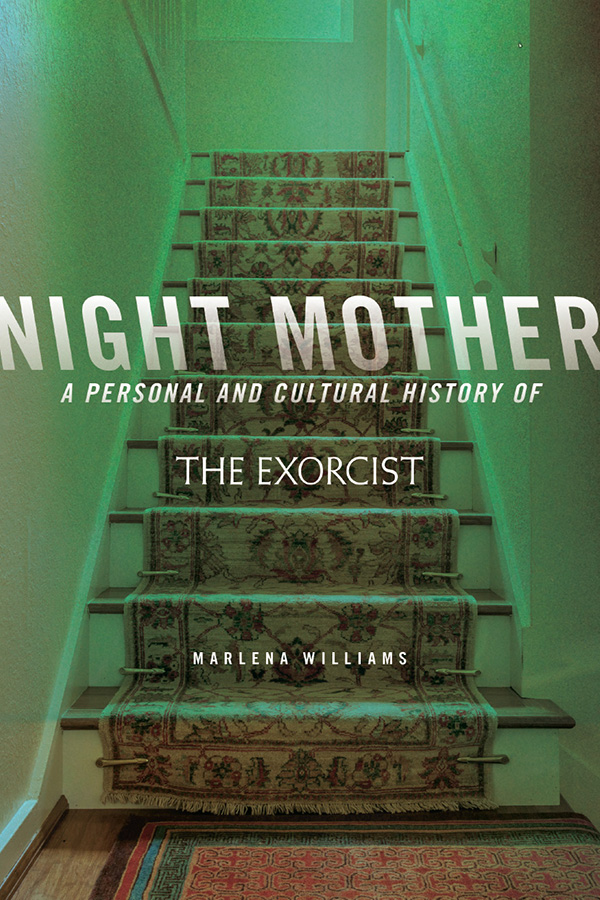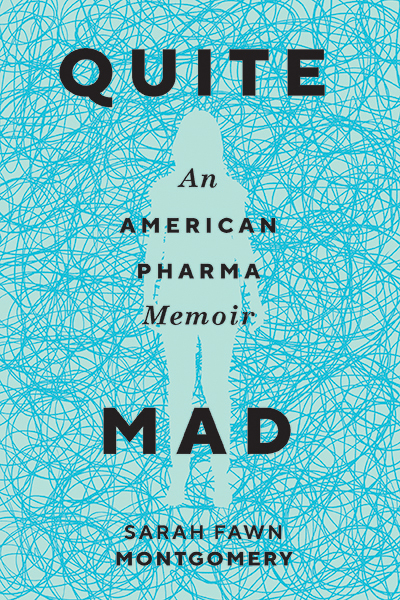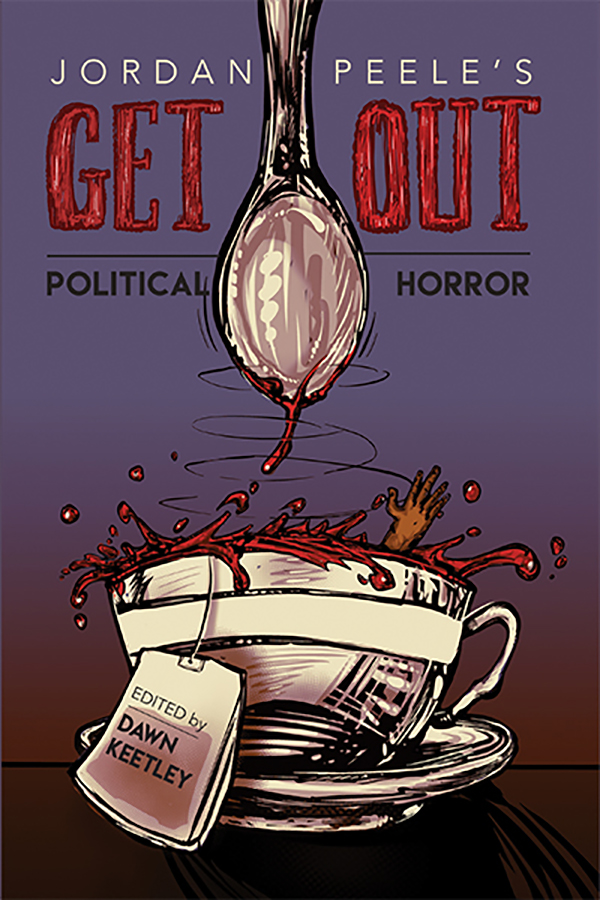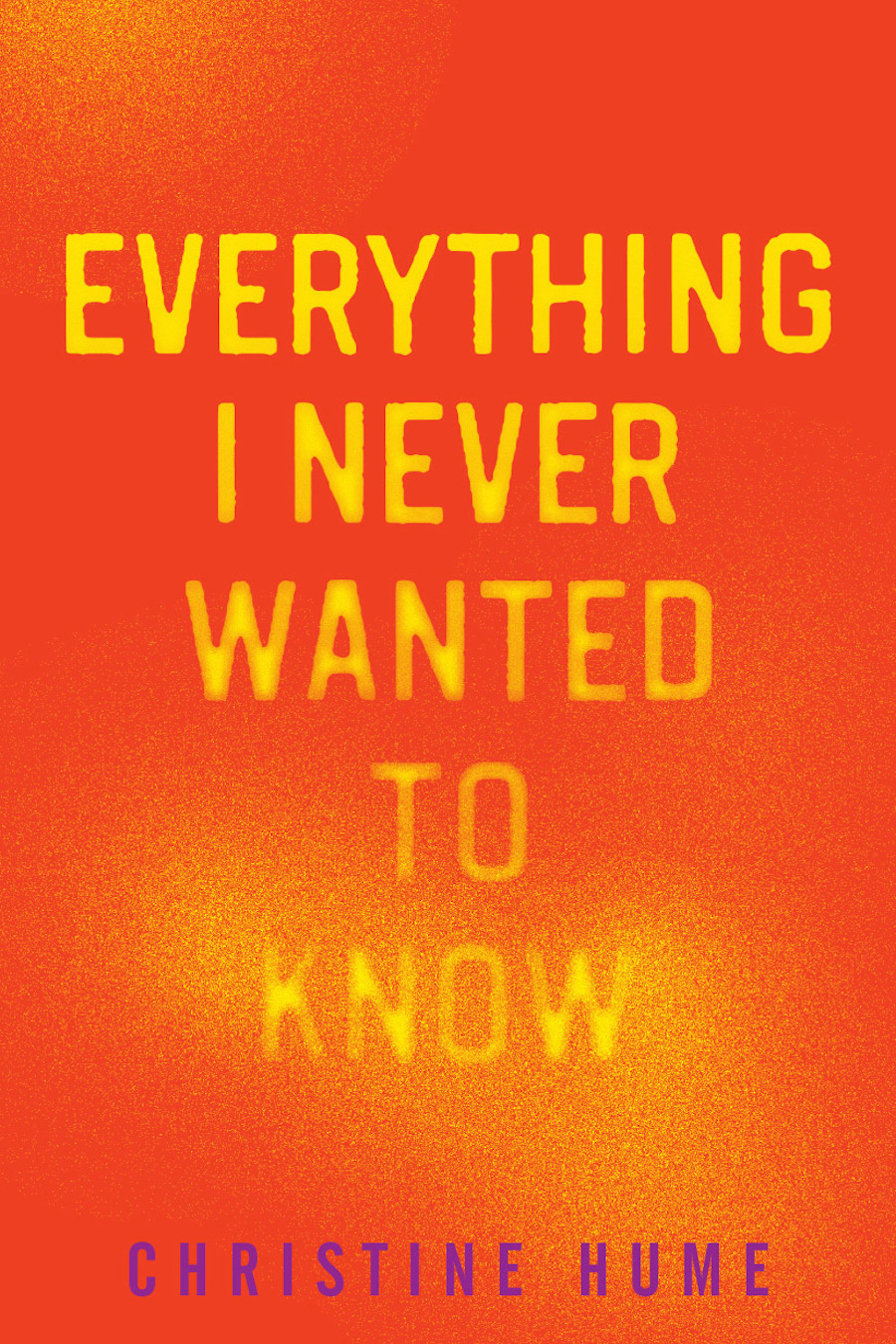Finalist, 2025 Oregon Book Awards, Sarah Winnemucca Award For Creative Nonfiction
Marlena Williams interviewed in Los Angeles Review of Books
Read excerpts of Night Mother in Lit Hub and Oregon Humanities.
Night Mother featured in Electric Lit’s “8 Personal Stories That Use Horror as a Lens”
Read an interview with Marlena Williams in the Washington Independent Review of Books.
Marlena Williams interviewed in The Guardian
Marlena Williams on the You’re Wrong About podcast
Marlena Williams interviewed on New Books Network
“Masterful and thoroughly researched … An incredible work of film analysis, examining cultural context and interspersing personal history, that makes a great read for movie, horror, and pop-culture fans. Highly recommended for libraries with media analysis collections.” —Meghan Bouffard, Library Journal (starred review)
“The sharp analysis offers novel and convincing perspectives on the horror classic, and Williams’s personal meditations are affecting. This is scary good.” —Publishers Weekly
“A mesmerizing mix of cinematic, cultural, and personal history … Night Mother—an unorthodox love letter in which Williams attempts to exorcise her own demons—is a powerful reckoning.” —Peggy Kurkowski, Shelf Awareness
“Williams’s multigenerational personal narrative of viewer responses to The Exorcist takes her analysis beyond anything readily paraphrased. Read it for yourself.” —Scott McLemee, Inside Higher Ed
“Williams combines astute cultural criticism with vivid personal narrative, offering a stunning account of the film’s lasting impact on both wider American culture and the individual lives within it.” —Kasey Noss, The Lineup, “15 Addicting Horror Literary Criticism Books for Fans Who Just Can't Get Enough”
Never watch The Exorcist, Marlena Williams’s mother told her, just as she’d been told by her own mother as a Catholic teen in rural Oregon when the horror classic premiered. And like her mother, Mary, Williams watched it anyway. An inheritance passed from mother to daughter, The Exorcist looms large—in popular culture and in Williams’s own life, years after Mary’s illness and death. In Night Mother, Williams investigates the film not only as a projection of Americans’ worst fears in the tumultuous 1970s and a source of enduring tropes around girlhood, faith, and transgression but also as a key to understanding her mother and the world she came from.
The essays in Night Mother delve beneath the surface of The Exorcist to reveal the deeper stories the film tells about faith, family, illness, anger, guilt, desire, and death. Whether tracing the career of its young star, Linda Blair, unpacking its most infamous scenes, exploring its problematic depictions of gender and race, or reflecting on the horror of growing up female in America, Williams deftly blends bold personal narrative with shrewd cultural criticism. Night Mother offers fresh insights for both fans of the film and newcomers alike.
Marlena Williams interviewed in Gambit
Marlena Williams interviewed on Boise State Public Radio
Marlena Williams interviewed in The Millions
Marlena Williams interviewed on Oregon Public Broadcasting
“Night Mother … successfully weav[es] a first-person narrative with broader film criticism. Just as the film turns 50, horror fans should enjoy this book for its personal touch and thorough research.” —Brian Fanelli, Hippocampus Magazine
“I devoured this book—its intense cultural analysis, its candid personal history, and its philosophical inquiry—like a woman possessed. Gutsy and deeply researched, Night Mother is a keen investigation of American cinema, American girlhood, and American fear.” —Elena Passarello, author of Let Me Clear My Throat and Animals Strike Curious Poses
Marlena Williams is a writer from Portland, Oregon. Her work has been published in the Yale Review, Literary Hub, Electric Literature, Catapult, and elsewhere. She is a graduate of the MFA program at Vermont College of Fine Arts.
Contents
Note to Readers
Part 1 Invocations
Mercedes McCambridge Eats a Raw Egg
My Mother and The Exorcist
Excavation
The Loud Silence
Part 2 Summoning the Evil Spirit
Six Visions of the Devil and His Demons
Magical Mirrors
Something Sharp
James Baldwin Sees The Exorcist in 1973
Part 3 Profession of Faith
The Priests of My Youth
Part 4 Laying of Hands on the Possessed
The Operating Theater
Father Karras Dreams of His Mother
Part 5 Concluding Prayer of Thanks
Acknowledgments
Sources





